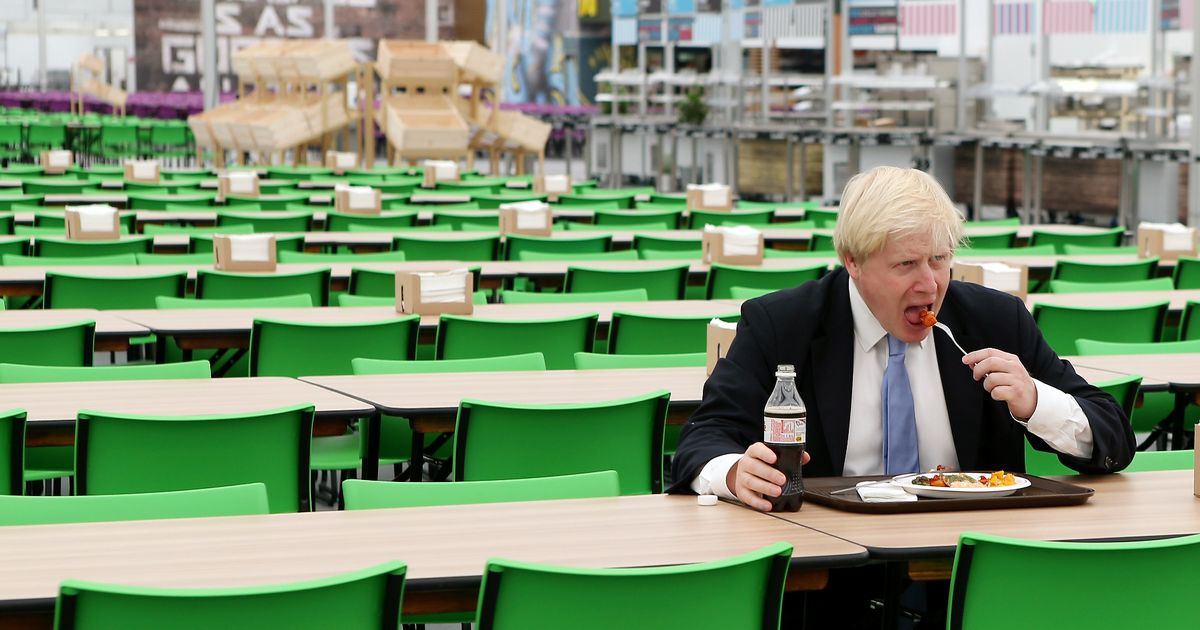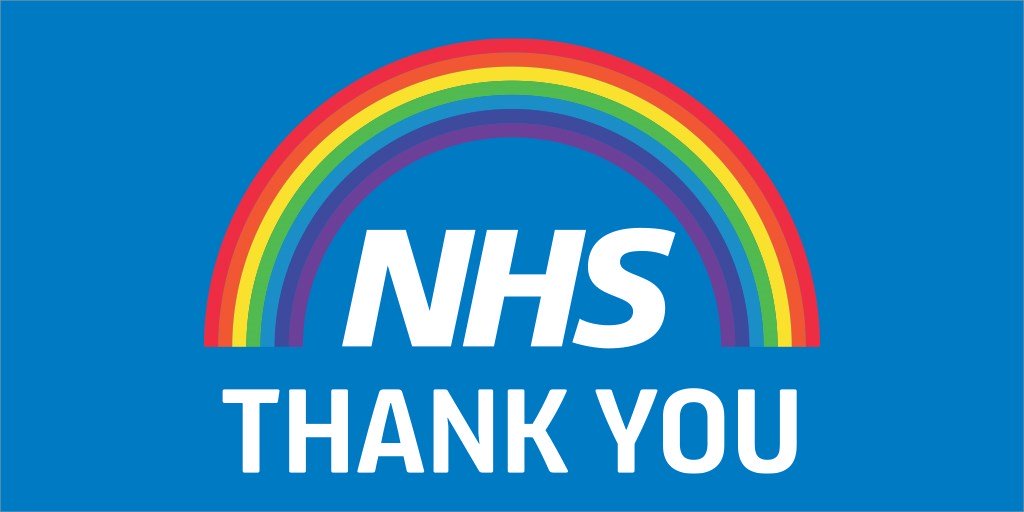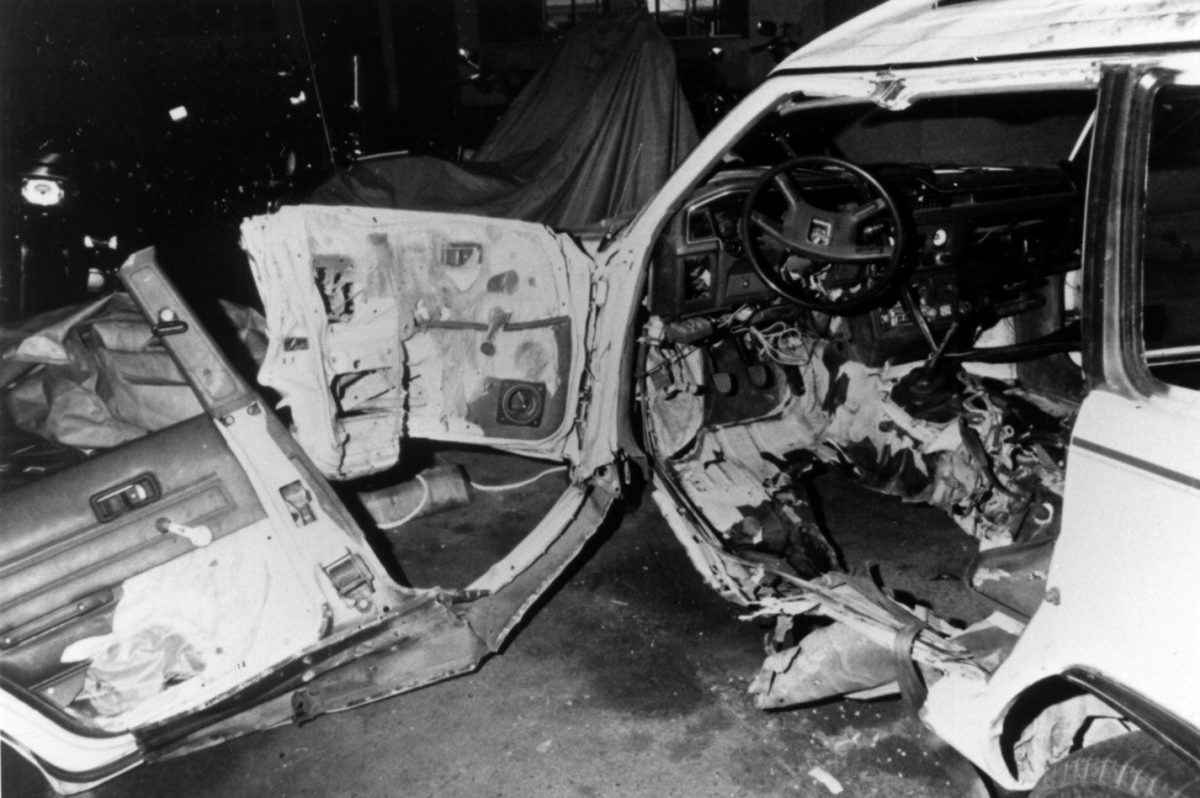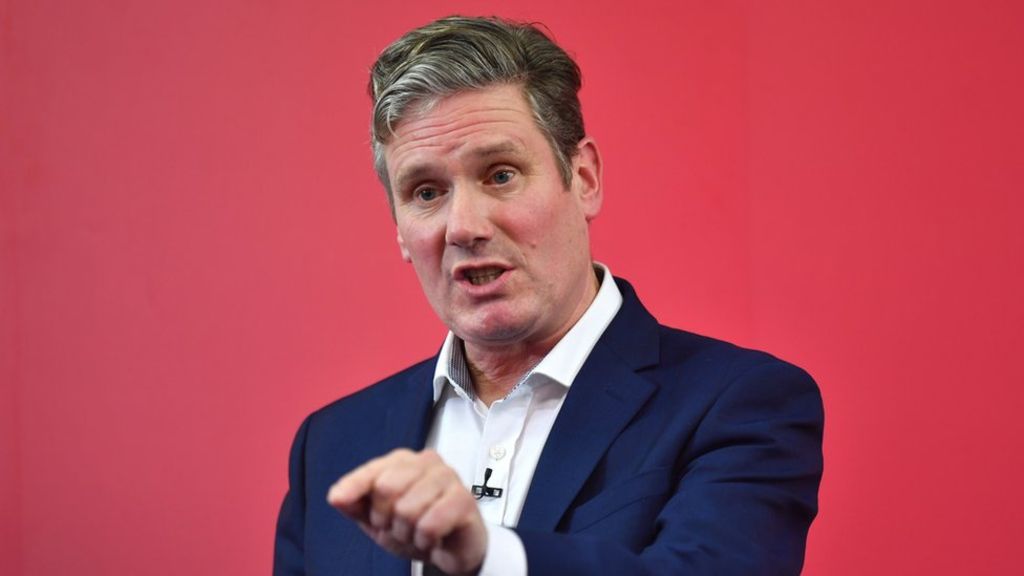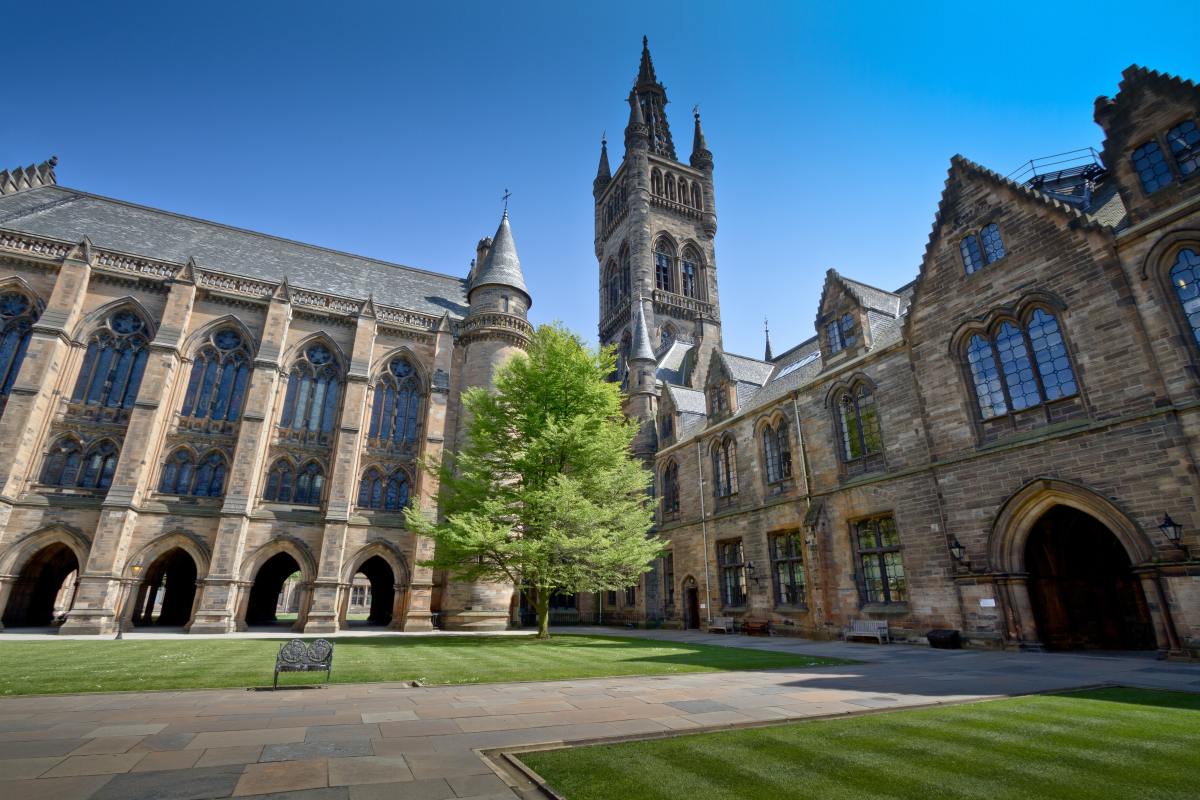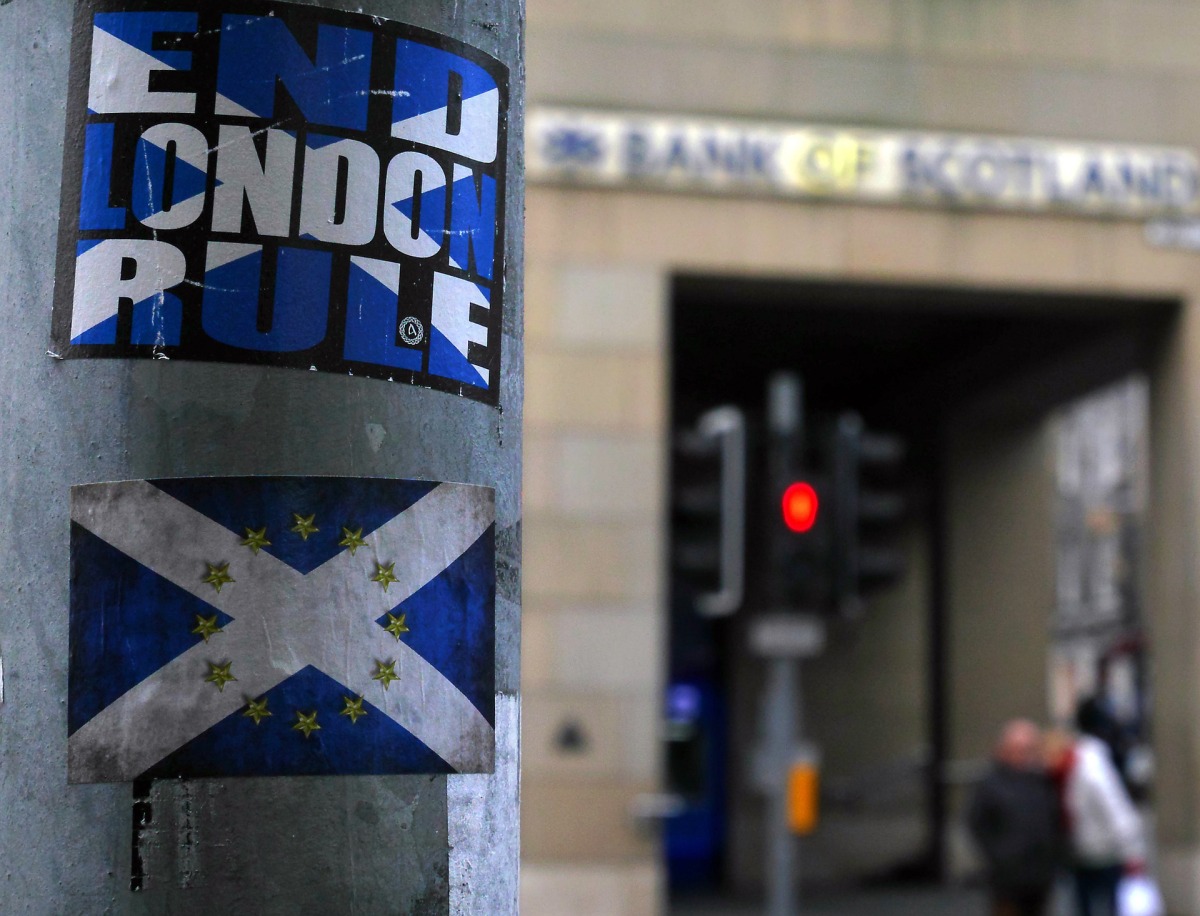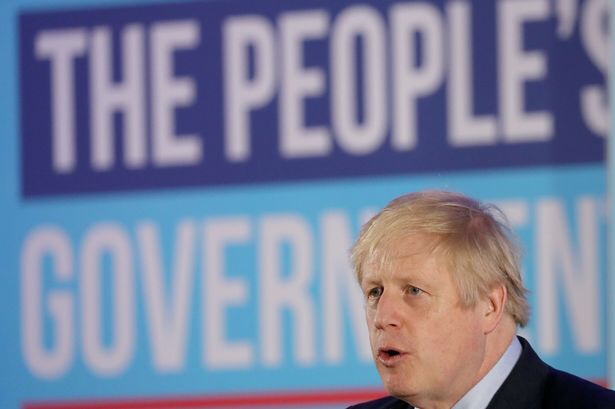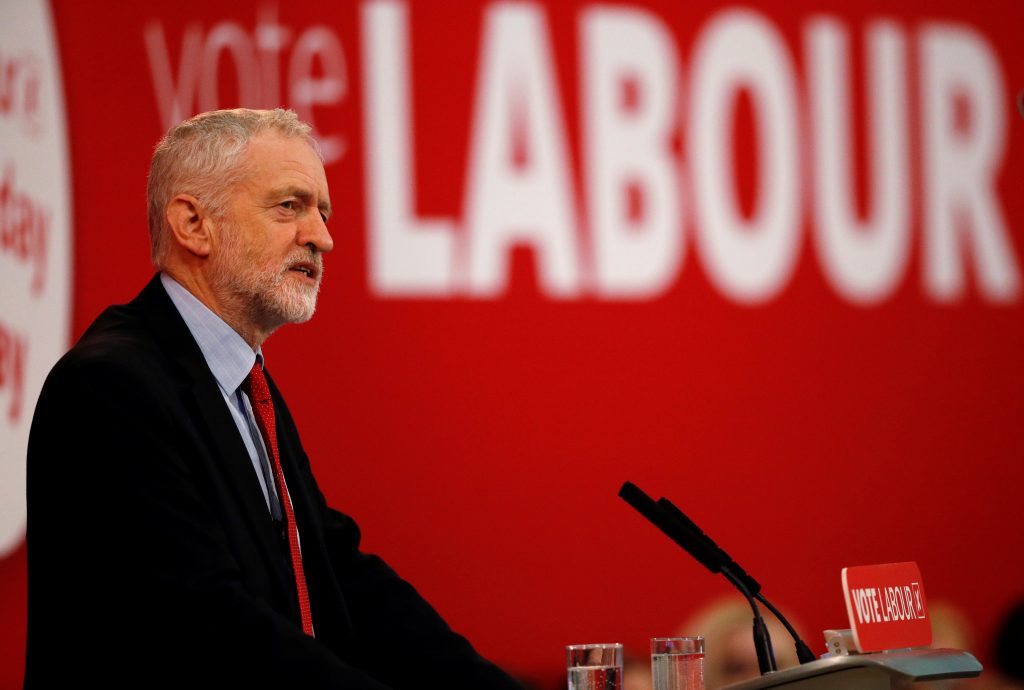Over the past week the political discourse in the United Kingdom has taken a sharp downturn. On Wednesday 21st the Labour party proposed a motion that called for an extension of the free school meals program until Easter 2021. The motion was defeated as more than 300 Tory MPs voted against it. If not for the tireless work of footballer Marcus Rashford and the kind generosity of already struggling cafes and restaurants, over 1.4 million children could miss out on what is potentially an essential part of their daily nutrition.
A cursory glance at the policy history of the Conservative party shows that they have a long history of making life more difficult for poor children as they do all they can to make their friends that bit richer.

One of the most notorious examples of this was in 1971 when a little known politician by the name of Margaret Thatcher, that held the position of Education Secretary in Edward Heath’s government, decided to stop the provision of milk to any junior school pupils over the age of 7. A shameless bid to cut costs at the expense of the poorest in the country, understandably there was outrage. Five years before she adopted the title the “Iron Lady” she would be anointed another title, one that was used in school playgrounds all over the country – “Milk Snatcher”. She reportedly hated the nickname and 19 years later when she discovered that Health Secretary Ken Clarke was proposing ending the free milk program for nursery children, she wrote him a handwritten note that said –
‘No – this will cause a terrible row – all for £4m. I know – I went through it 19 years ago’
Jump forward to as recently as 2017, just one year after Theresa May had taken over as Prime Minister despite never having been voted in. May idolised Margaret Thatcher so much that she decided she would try to emulate her. Firstly, she proposed scrapping the free school meals program entirely in England with the quote from the education department at the time being that the party does not believe “a free school lunch for every child in the first three years of primary school… is a sensible use of public money”. This one earned her the nickname “the meals snatcher”. Then, a year later she had another pop at it with the proposal to cut the free milk for nurseries scheme. It seems that stopping nursery age children from having a drink of milk is the true white whale for the Tory party, the one policy change they just always want to make. For this she started to be directly compared to Thatcher with the “milk snatcher” title. I’m sure, deep down, she loved the name, anything to relate her to her hero. Even if that did mean taking away more provisions for the most vulnerable children.
This brings us to 2020, and the country limping its way through the covid-19 pandemic with Boris Johnson at the helm. In June, the young footballer from Manchester, Marcus Rashford, used his platform to raise awareness about the depth of the food poverty problem in the UK. Speaking from personal experience Rashford wrote an open letter to MPs urging them to reverse their decision to not award free school meals vouchers to over 1 million children who were eligible. To be eligible for a free school meal a child’s family has to earn a maximum income of £7,400 a year after tax so it was always the most vulnerable children that relied on the free school meals service.

Rashford gained so much support that the government was forced into a U-turn. The prime minister’s official spokesperson said at the time –
‘Owing to the coronavirus pandemic the Prime Minister fully understands that children and parents face an entirely unprecedented situation over the summer. To reflect this we will be providing a Covid Summer Food Fund. This will provide food vouchers covering the six-week holiday period. This is a specific measure to reflect the unique circumstances of the pandemic. The scheme will not continue beyond the summer and those eligible will be those who already qualify for free school meals.’
This original scheme was reported to have cost around £120 million. Over the course of the summer the Tories decided to implement the ‘Eat Out to Help Out’ scheme, to make sure that the people that could afford to go to restaurants would get back out there with the government footing half of the bill. This scheme cost more than £522 million.
As well as this the government decided to set aside £10 billion of public money to spend on the failed test and trace system. Most of the money made its way into the hands of private companies such as G4S and Serco and amounts to more than 100 times the annual budget for Public Health England which tops out at £90 million. Newcastle University public health professor Alysson Pollock described the budget as “shocking” and is quoted in the Independent as saying –
‘This money should have been put into supporting the established system of public health services instead of going into new parallel centralised and privatised services run by private companies where much of it is squandered and wasted.’
Unsurprisingly the Tory government believes that public money is better spent on middle class leisure and the interests of private companies, rather than ensuring the health and wellbeing of all of the people of this country.
In typical fashion the Tories have lied and played the victim since the backlash to their decision to vote against the free school meals extension. MP Jacob Young claimed that he’d been told that parents had used their £15 a week food vouchers on “alcohol, tobacco or on unhealthy food”. In support of comments made by MP Ben Bradley, MP Mark Jenkinson tweeted “I know in my constituency that, as tiny as a minority it might be, food parcels are sold or traded for drugs.”
So determined to justify letting children go hungry they will invent stories about struggling families.
They have retreated behind the barrier of respectability politics. Claiming to have their feelings hurt by being reminded that the decisions they make will hurt a lot of children. Maybe if Tory MPs wanted to avoid being called scum they should stop acting like it.

